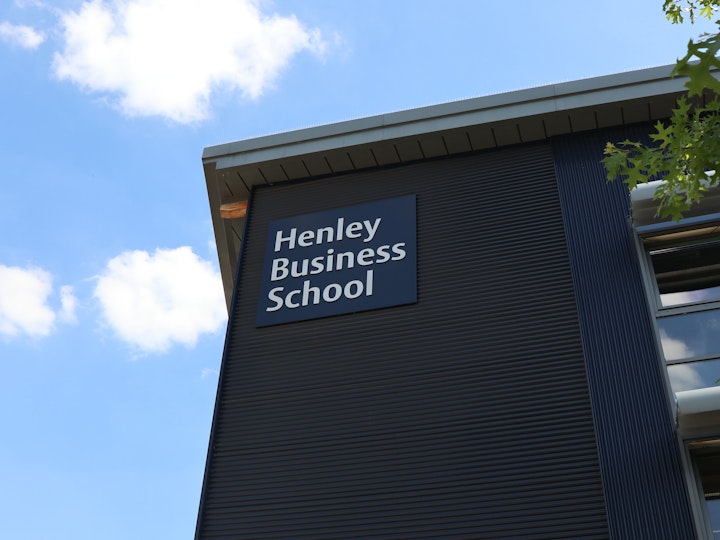DME Seminar - 'It all starts with a story... Radical innovation and its (re)framing on crowdfunding platforms'
Room: LG01, Henley Business School, Whiteknights Campus
Date and time: Tuesday 11th November 2025 from 11:45 - 13:00
Registration: Free

| Event information | |
|---|---|
| Date | 11 November 2025 |
| Time | 11:45-13:00 (Timezone: Europe/London) |
| Price | Free |
| Venue | Henley Business School LG01 |
Event types: |
|
Speaker: Professor Julie Hermans
Title: It all starts with a story... Radical innovation and its (re)framing on crowdfunding platforms
Research Summary:
Radical innovations—novel, unique, and impactful—often struggle to secure resources because they disrupt existing cognitive and institutional logics. Crowdfunding provides an alternative, but prior research has yielded conflicting results on whether radicality helps or hinders funding success. We reconceptualize this puzzle through a Simonian design lens, viewing framing not as superficial packaging but as problem-space redesign. Using a novel text-based measure of radicality and Bayesian analysis of 175,704 Kickstarter campaigns, we find that radicality acts as a substantive quality signal that increases crowdfunding success. However, framing strategies determine whether backers can interpret and act on radicality. Novelty framing destabilizes the problem space, amplifying perceptions of uncertainty, while familiarity framing reconstructs the evaluative context to make radicality intelligible and fundable. These findings contribute to crowdfunding, radical innovation, and entrepreneurial framing literatures by showing that entrepreneurs do not merely signal radicality—they redesign the problem space in which radicality is evaluated.
Managerial Summary:
Entrepreneurs are often told to be disruptive. Yet, disruption can signal risk to investors and consumers alike. Entrepreneurs with radical innovations thus face a paradox: they must convince backers that their projects “stand out” without making them seem unintelligible or excessively risky. Our findings show that crowdfunding can be an effective platform for radical innovation, but only if entrepreneurs redesign the problem space for their audience. Radicality itself attracts support, but when framed in highly disruptive terms, it undermines backers’ confidence. By contrast, familiarity framing re-anchors radical innovations in accessible categories, helping backers see them as both novel and fundable. For entrepreneurs, this means that success depends not only on what the innovation is, but also on how the problem is defined for others. Effective crowdfunding pitches thus require designing around disruption: projects should be radical in substance but framed in ways that feel familiar.
Bio:
Julie Hermans is Associate Professor in entrepreneurship at UCLouvain, member of the Louvain Research Institute in Management and Organizations. Her research focuses on multiple-goal pursuit in entrepreneurial contexts such as sustainable ventures (commercial-social-environmental goals), innovation (exploration-exploitation), and growth (development-consolidation), using a cognitive perspective. She is the academic co-director of the Executive Program in Innovation Management (Louvain Innovation).